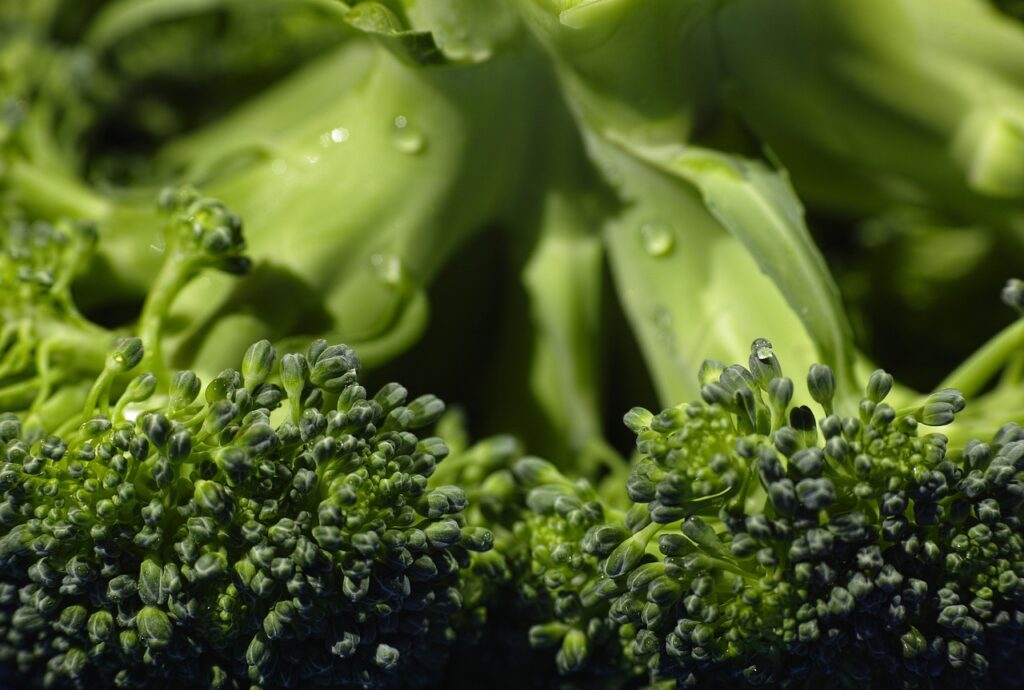Israeli researchers have developed a spray to protect crops, based on the wax found on lotus and broccoli leaves.
They simulated the anti-adhesive wax crystals on their leaves, which naturally prevents disease-bearing pathogens from attaching to the plant.
SafeWax, developed by Prof Boaz Pokroy and Prof Ester Segal of the Technion, in Haifa, northern Israel, is a biodegradable formulation made of renewable material that can be sprayed on any plant and has the same effect as the wax.
In addition to preventing diseases – that destroy a third of all food crops – it can be tuned to provide protection from sun damage, and collect water from dew condensation.
To treat fungal diseases, farmers are forced to use synthetic fungicides which are effective, but their extensive overuse and misuse have devastating impacts – like being highly toxic to wildlife, and the pathogens becoming resistant to the fungicide after a few years of exposure.
The researchers have received a $1.5 million grant for the solution from EIC Pathfinder, the European Innovation Council’s instrument to support early stage development of high-risk, high-gain technologies that can lead to scientific breakthroughs and make a real difference.
Profs Pokroy and Segal will demonstrate the SafeWax’s capabilities on the grapevine, a very important crop to Europe’s economy, environment and culture. It is highly susceptible to fungal diseases, and as a result is treated more frequently than any other crop.
The European Union is planning to prohibit the use of many fungicides because of their toxicity, leaving the grapevine and many other crops defenseless unless an alternative is found.
Between the effects of climate change, global population growth, and the already existing global food insecurity, the importance of protecting food crops from disease cannot be understated.
From 858 submissions evaluated this year, the European Innovation Council selected only 57 projects to be funded – including the SafeWax.
Related posts

Israeli AI Safety Tool Among TIME’S Best Inventions For 2024

TAU Team Discovers Mechanism To Eliminate Cancerous Tumors

Ashdod Port Investing In Startups As Part Of Innovation Strategy




Facebook comments